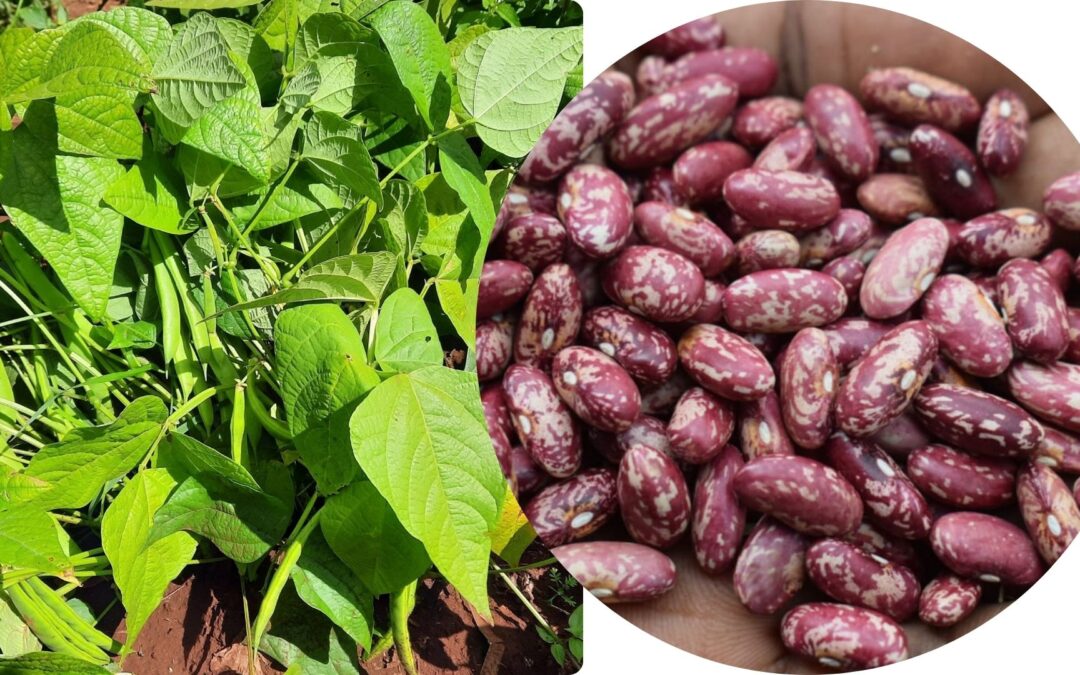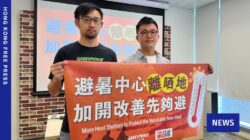One specific crop, the Nyota bean type, has transformed lives, generated entrepreneurial prospects, and enhanced the conditions of seven agricultural groups throughout the nation.
Esther Gitahi, a farmer and collector from Blue Line in Kahuho Narumoro, Nyeri county, has achieved both food security and economic prosperity by growing Nyota beans.
Although she cultivates several types of crops on her farm, Nyota beans are still her main priority. This is due to their high production levels, minimal water needs, and significant demand in the market.
Tolong support kita ya,
Cukup klik ini aja: https://indonesiacrowd.com/support-bonus/
“I have been cultivating Nyota beans since 2023. It has been over two years, and I continue doing so because the beans provide sustenance for my family and generate income through commercial sales,” she stated.
Gitahi mentions that Nyota beans grow well with limited watering. “They don’t require much water. In fact, if the irrigation system is left on for too long, it may harm the plants.”
However, water is not the sole issue. The beans are also a preferred food source for birds, insects, and pests. “Birds enjoy this bean just as much as humans do,” she mentions, highlighting the importance of ongoing attention throughout the growing period.
When Gitahi first began cultivating Nyota beans, she remembers achieving remarkable harvests. Initially, one kilogram of seeds could produce between 38 to 40 kilograms. However, over the years, production gradually decreased because of repeated planting on the same soil. “We now use crop rotation, growing different crops in between seasons to keep the land productive,” she explained.
Nevertheless, the Nyota type continues to be a popular choice with customers. “Many individuals favor it because it doesn’t lead to bloating or flatulence like certain traditional bean types,” Gitahi mentioned. “I used to avoid beans due to the acidity, but now I appreciate them.”
At first, she planted only 1.5 kg of Nyota seeds. The outcomes were very encouraging, causing her production to rise more than five times, resulting in substantial earnings. “It has helped me stay financially stable,” she mentioned.
Gitahi’s path advanced further when the Kenya Agricultural and Livestock Research Organisation linked her with Delish & Nutri Company, a buyer of Nyota beans. “They appointed me as an aggregator, so rather than purchasing from individual farmers in small amounts of two, five, or 10kgs, I gather the produce in large quantities on their behalf.”
Her collection center currently has approximately five tonnes of Nyota beans waiting to be picked up. According to her records, she initially had 2.8 tonnes, which included 1,400 kg from her own farm.
The second batch weighed 2,860 kilograms, then 2,855 kilograms, followed by 2,770 kilograms and another one at 2,023 kilograms. The figures continue to increase, she notes.
Although there have been some delays, Gitahi mentioned that the company compensates farmers on time with a competitive rate of Sh100 per kilogram. This is more than the current local market price, which ranges between Sh65 and Sh70. “The payments are sent directly to the farmers through mobile money, providing both transparency and ease,” she added.
Dr. David Karanja, the National Bean Coordinator at Kalro, stated that the achievement of the Nyota bean value chain is connected to a model they are implementing known as Inclusive Seed Demand.
The Inclusive Seed Demand Model is being rolled out by Kalro in partnership with the International Centre for Tropical Agriculture.
“When the distribution of seeds from farmer to farmer becomes widespread in an area, prices decrease and farmers become less motivated. Therefore, our approach begins by securing the market first, determining who will purchase the produce, and then linking these buyers with farmers and consumers,” Karanja explained.
He emphasizes the significance of involving buyers who acquire substantial quantities, typically needing a minimum of 100 bags per shipment, which enhances transportation and collection efficiency.
“The larger the shipment, the lower the transportation cost. These buyers either process the beans for supermarkets, export them, or sell them as enhanced products such as pre-cooked beans,” he added.
Through the Inclusive Seed Demand initiative, Kalro also seeks to connect certified seed production with dependable buyers, ensuring a continuous value chain from seed to market.
Provided by SyndiGate Media Inc. (Syndigate.info).







